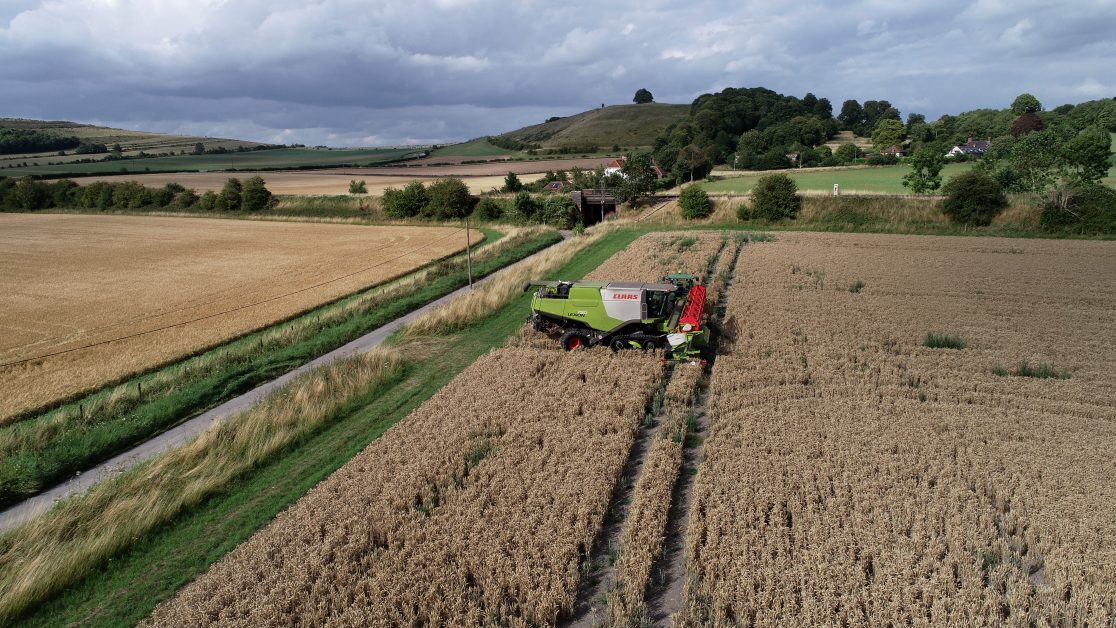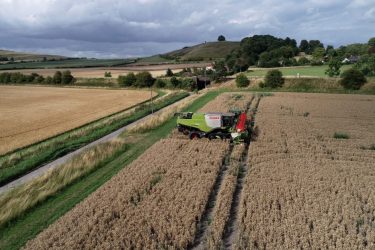If we ever needed proof that the agri-food world is fast changing, just look at the range of factors that have been at play over the last few months. It all adds up to what what some business analysts call VUCA: volatile, uncertain, complex and ambiguous. Creating a National Food Strategy will be tricky in this environment, but not impossible.
The current VUCA’s elements
The UK’s current VUCA includes elements that are being felt internationally, plus some that are unique – most notably Brexit. It’s a process that will take years to resolve, and spawns many areas of uncertainty.
As Brexit unravels and the UK secures international trade deals, including the one signed with Australia in 2021, threats and opportunities to producers are becoming apparent. These issues will be magnified by larger treaties to come, such as CPTPP.
In common with other countries, we’re experiencing the ongoing disruption of COVID, the prospect of a drawn-out war in Ukraine, and inflation. It’s easy to see that the foreseeable future will remain volatile for the UK and international supply chains.
In situations like this, producers need a sense of direction. Governments can provide this, but it is hard to see how much detail they can give when situations are so fluid.
Are we inching towards a national food policy?
The recent Government food strategy document does appear to be inching the UK towards some kind of policy. This came as a response to Henry Dimbleby’s independent review, published in 2021.
The NFU has been broadly positive towards the strategy document, with President Minette Batters saying that the government is “…recognising the importance of domestic food production… We now need to see this strategy develop into clear delivery and investment.”
Others have been less enthusiastic, including Dimbleby himself, after the government omitted a number of his key recommendations.
Food strategy – security is a concern
The emphasis of the government’s food strategy appears to have shifted towards food security, no doubt influenced by the war in Ukraine. This is the correct response in the short-to-medium period.
However, longer-term issues such as climate change, diet and health will remain, and these will also impact the UK farming and food sectors, the broader supply chain and consumers.
Under pressure
Currently, our food supply chain is under more pressure than it has been for several generations. Producers face a considerable challenge to develop a reliable, secure and sustainable food supply for the UK market.
In the meantime, a lot of consumers are becoming very stretched by sharply rising bills for their food, utilities and fuel. The fact that there are more food banks in the UK than McDonald’s outlets shows the severity of the situation.
This suggests that reliability, security and sustainability will be joined by a fourth vital factor: value.
Decision makers need detail
So far, the government’s response gives some of the clues that we need to take forward, but little more.
As at any time of VUCA, coming up with a definitive view of how to drive our agriculture and food sectors forward is easier said than done. Government is saying something about what it expects. It appears to be leaving it to the producers to work out the detail and make the real decisions.
How to thrive in a VUCA
In fluid situations like the current one, farmers and food producers need up-to-date advice from sources that have access to as full a picture as possible.
At Promar, our knowledge is gained from working on both a local and global basis. We each draw on the expertise of colleagues working in all parts of the supply chain, using different skill sets, to create accurate assessments of situations – even when they are constantly changing.
Collectively, we have a clear, unbiased sight of the big picture – which we use to help farms and agri-businesses create the strategy they need, even at times of great turbulence.
Just because the situation is VUCA does not mean that you should adopt a wait-and-see policy. Quite the opposite. Talk to us.






